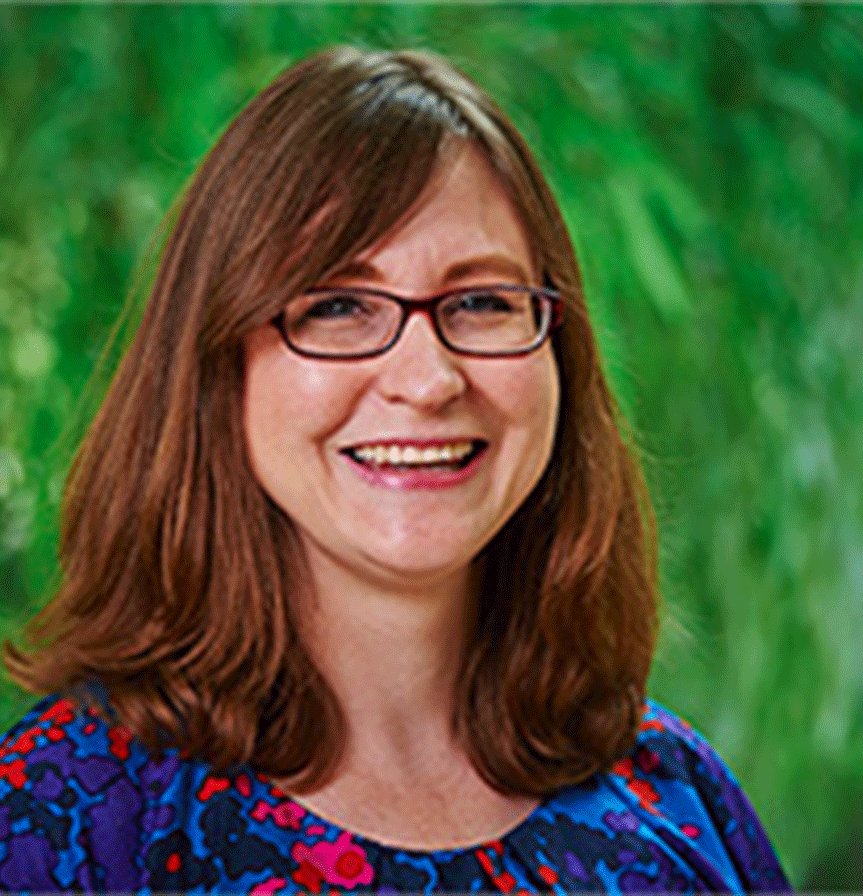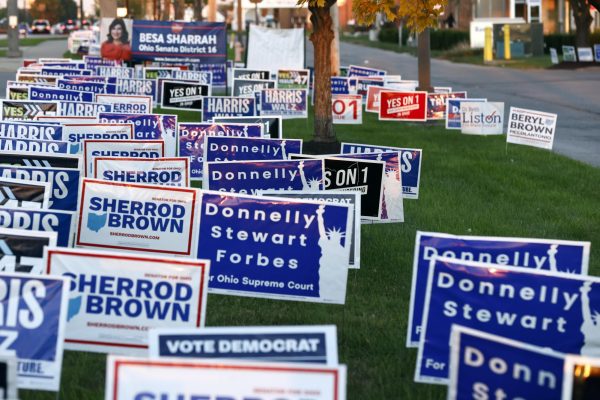Living The Liberal Arts: Potential for Positive Change
Change is in the air, and it’s not just the crisp weather as fall transitions into winter. This semester, Colgate has witnessed multiple assaults on the status quo coming from the Association of Critical Collegians (ACC)’s action plan and the revocation of Sigma Chi Fraternity’s charter. All of this comes with the backdrop of the Campus Master Plan, a glimpse into the future of what Colgate could be in the coming decades. Even sooner will be the introduction of the Living the Liberal Arts (LLA) residential communities which will soon replace Colgate’s current living arrangements. These residential communities will link the class years together up and down the hill and give them a communal space, or “annex,” on Broad Street where students can register events and hold parties. The first Residential Learning Community begins next fall, possibly linking Curtis Hall and Drake Hall together with Creative Arts House as their Broad Street annex.
A lot of students are skeptical about both the role of LLA and how effective it might be in fulfilling its goals. According to Universtiy Chaplain and Catholic Campus Minister Mark Shiner, LLA is in part meant to address the profound dissatisfaction with Colgate’s residential experience that students cite in their senior exit surveys. Students seem not to feel as though their residence halls provided them with much in the way of community or added to their college experiences in any meaningful way. LLA is meant to give students an instant community by linking them together not only with students of their own class year, but also with students in years above and below them. The administration hopes to attract a host of sophomores, juniors and seniors to fill the ranks of upperclassmen meant to populate the first community next fall in addition to their incoming first-years. The hope is that each residential learning community will take on their own unique identities and traditions to provide underclassmen with an instant sense of community, à la Hogwarts.
If this sounds to you like something that is meant to encroach on the dominance of Greek life, then you would be absolutely correct. Although this is certainly not its sole purpose, LLA aims to be a substantial, inclusive and alternative social scene coexisting with the Greek system. The bigger question is whether or not it’s going to be able to fulfill that role. The way I see it, this depends on three main factors: quality leadership, student buy-in and social freedom. Quality leadership must come from both the administration and the student body to be successful. Mark and Rebecca Shiner, the heads of the first community, are, in my opinion, the best people that the administration could have chosen for the job. Both of them are loving, caring people who keep their ears very close to the student social beat. They know that if LLA wants to be an attractive alternative to Greek life, it needs to offer students some of the same benefits, namely strong community and a social outlet that includes parties on the weekend. However, the burden of leadership will ultimately fall on the students to make sure the first residential community is a success. They need to find a way to attract upperclassmen who are not only willing to fully commit themselves to the program’s success but are also already campus leaders and have experience creating social experiences outside of the Greek system.
Next, the leadership needs to be able to create an environment in which the participants can fully buy in to the program. This is the most difficult step but also the most crucial. Without internal energy, the first living community will be a flop and set the tone for the rest to come. Participants, especially underclassmen, need to feel the benefits of being in a residential learning community as soon as possible and be the objects of jealousy of the rest of the campus. Only when people begin to take pride in their community affiliation will we know that it has been a success. Lastly, the administration needs to make sure that all Broad Street living communities, Greek and non-Greek, are held to the same standards in terms of being held accountable to the university’s rules. Being in LLA and Greek life do not have to be mutually exclusive, but to the people trying to choose between one or the other, it will look very unappealing if the LLA communities seem somehow more constrained than Greek organizations in what they can do. There needs to be a level legal playing field, and it needs to be enforced. Living the Liberal Arts is a fresh idea that has the potential to bring the campus together, but unless it is done right the first time, we will have lost a great opportunity for positive change at Colgate.







